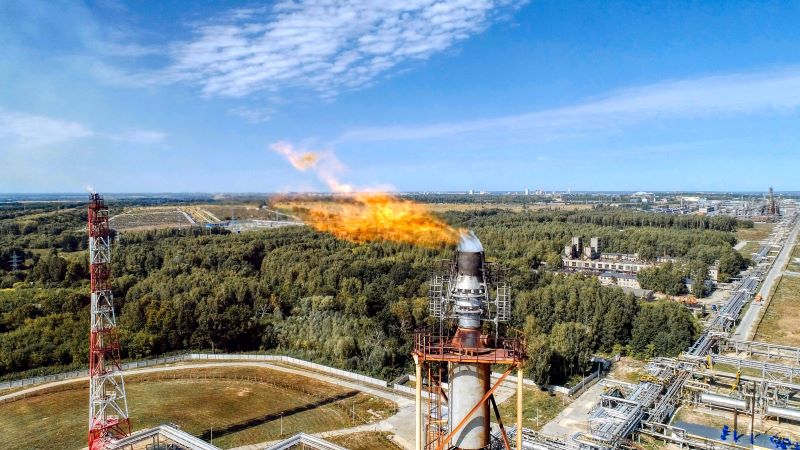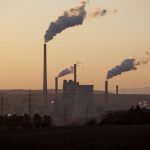Understanding the UN Emissions Gap Report
- Categories:
- Climate Change

What is the UN Emissions Gap Report?
This is an annual report by the UN Environment Programme that outlines the difference between where greenhouse gas (GHG) emissions should be to avert the worst impacts of climate change and where they are predicted to be in 2030.
It is now in its 12th year and the UN Emissions Gap Report 2021 shows that pledges by countries around the world will fail to keep the global temperature under 1.5°C this century. Instead, the world is on course to warm around 2.7°C with hugely destructive impacts. The UN Secretary General, António Guterres, described this as “another thundering wake-up call”.
If the current net-zero emissions pledges are implemented effectively, warming could be limited to 2.2°C which is closer to the below 2°C target of the Paris Agreement.
Current plans will cut greenhouse gas emissions by about 7.5% by 2030 when, in reality, we need to cut emissions by 55% to achieve the 1.5°C target that many now admit is very unlikely.
The report was released at the end of October, just in time for COP26, the 2021 United Nations Climate Change Conference which began on 31st October. It is hoped that this and other warnings and wake-up calls will be acted upon by world leaders.
Are there any positive signs of change?
It’s important to note that this report isn’t intended to be wholly doom and gloom. Instead, this and other similar studies are being released to spur world leaders into action on climate change.
Indeed, there are some hopeful signs for climate change as around 50 countries plus the EU have pledged for net zero emissions by 2050.
However, net zero goals are currently too vague and more details need to be confirmed, especially by the wealthiest nations. This is why all eyes are directed towards COP26 with the hope for more clarity and direct action.
Curbing emissions now
The report finds that, while many national emissions plans delay action until 2030, there is an opportunity to cut emissions in the short-term. This opportunity involves reducing methane emissions from the fossil fuel, waste and agriculture sectors which could help to close the emissions gap and reduce global heating in the short term.
Currently 40% of methane emissions come from agriculture, 35% from fossil fuels, 20% from waste and 5% from biofuel. The report suggests that up to 20% of current emissions could be curbed at a low cost, which makes it a fantastic opportunity for action.
According to the UNEP, measures to reduce these emissions could include:
- Fossil fuels – Using existing technologies to reuse methane leaking from oil, gas and coal facilities can reduce the sector’s emissions by 40-50% by 2030 – much of it at net zero cost.
- Agriculture – Measures such as changing rice growing patterns, breeds of cattle and their diets can reduce the sector’s emissions by 20% by 2030.
- Waste – Actions such as diverting organic material from landfills or capturing landfill gas can reduce the sector’s emissions by 35-40% by 2030.
Another focus of the report is green recovery post-pandemic. Currently, only around 17-19% of total recovery investments are likely to reduce greenhouse gas emissions and approximately 90% of this green recovery spending comes from just seven countries. A far greater effort could be made in the following areas to help green recovery:
- Sustainable public transport
- Clean energy infrastructure
- Energy efficiency upgrades
- Natural capital (natural resources)
- Clean research and development
- Green skills retraining initiatives
The 2021 Emissions Gap Report may sound alarming, but there are also clear points of action that will help with reducing emissions. We are also hopeful that some substantial agreements will be made at COP26 that will further the effort to close the emissions gap.
It can feel like there is nothing we can do to stop the climate crisis, but there are still small daily actions that can help. Try switching your search engine to SearchScene instead of Google – we donate 95% of our profits to charity with a focus on fighting climate change!










